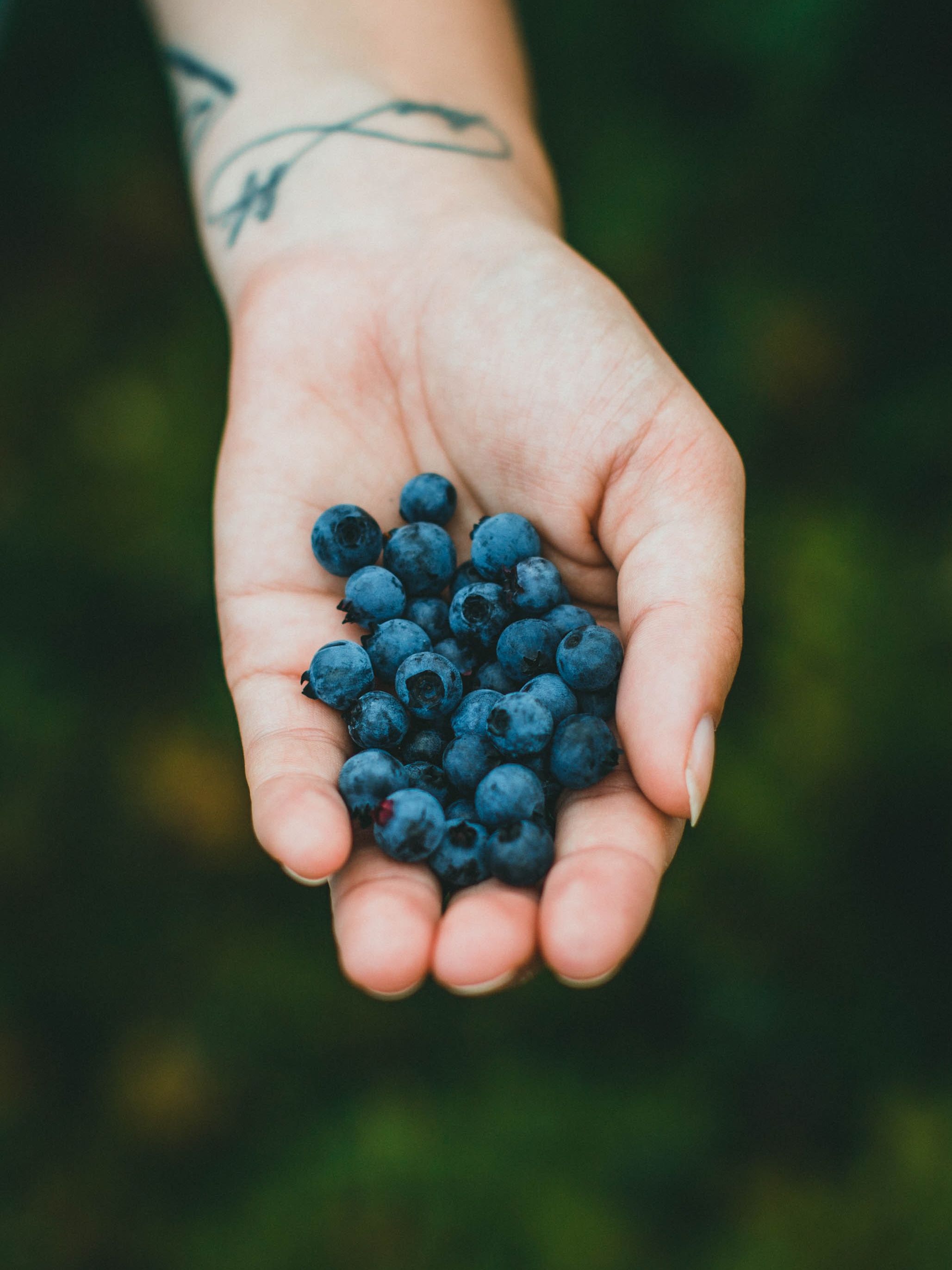In folklore and history, the elder tree is more than just a fruit-bearing tree. In the Nordic countries, the Celts have an ancient tradition of valuing elder trees, believing that these trees are gifts from the goddess "Mother Elder," and they believe that the goddess resides within these plants. In Scotland and Ireland, these plants are believed to protect the forest and care for the people who tend to the trees. They are planted throughout the Nordic regions to protect the land, gardens, farms, and houses.
Today, after several centuries, this beneficial plant still exists in most (if not all) countries around the world and continues to be used for health purposes. In recent years, elderberries have gained considerable attention in the health field. They can be found on the shelves of almost every health food store and are highly regarded for their ability to support a healthy immune system.

What is Elderberry?
Elderberry (Sambucus nigra), also known as elder, is a plant species belonging to the Sambucus genus and is native to Europe, Africa, and parts of Asia. This plant's berries are increasingly popular in the United States due to their recognized benefits. The common uses of elderberries are for nutritional supplementation and immune system support.
The most common variety of elderberry is the European elder (Sambucus nigra), whose flowers and berries contain potent antioxidants and anthocyanins, as well as trace nutrients such as vitamin C, vitamin A, vitamin B6, iron, and potassium.
Health Benefits of Elderberries
1. Rich in antioxidants
Elderberries contain excellent compounds for combating oxidative stress. Two important compounds found in elderberries, quercetin and anthocyanins, help resist oxidative stress. Quercetin is considered one of the most powerful compounds in a healthy diet that combats oxidative damage. It has significant effects, such as promoting a healthy inflammatory response, controlling pro-inflammatory markers, and protecting the skin.
Anthocyanins, found not only in elderberries but also in blueberries and cherries, are highly valuable compounds known for their immune-supportive and potent antioxidant properties. Research shows that these antioxidants also benefit respiratory system health.
The polyphenols in elderberries may also contribute to promoting heart health. While research is limited, the antioxidant and anti-inflammatory activities of elderberry compounds may help maintain healthy blood pressure and overall heart health.
2. Supports immune system health
The beneficial effects of elderberries on the immune system are well-known and extensively studied. The anthocyanins in elderberries have general immune-boosting effects, helping to strengthen the natural protective response of the immune system against invaders.
3. Promotes skin health
Preliminary studies suggest that the antioxidants in elderberries may contribute to maintaining healthy skin structure and overall skin health. Due to its rich vitamin A content, elderberries are also added to some topical skincare products. Vitamin A helps maintain skin health and supports healthy aging of the skin.
4. Supports healthy digestion
While research is limited, some studies indicate that elderberries may help promote healthy digestion. They assist in maintaining regularity and have mild laxative effects, which can help alleviate constipation.
VIIcode research has found that elderberries are a unique and powerful natural plant that positively affects people's skin health. We strive to ensure that our products meet the highest standards in terms of effectiveness and quality, meeting people's needs and expectations through scientific research and innovative techniques.
